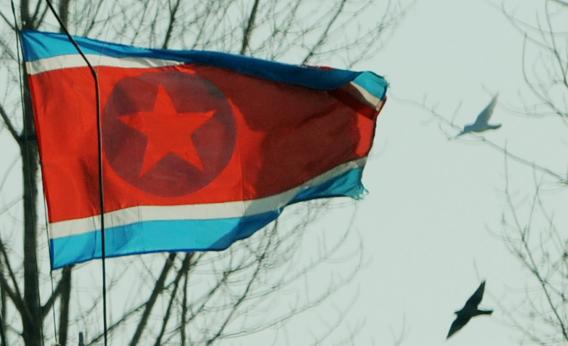A limited nuclear deal with the United States suggests North Korea’s Kim Jong-un might be looking for a thaw. If the country’s basketball-loving young master really wants to build on that agreement and bring economic growth to his impoverished citizens, land reform would be a good place to start.
North Korea was richer than its southern neighbor in the 1960s, but 40 years of isolation and central control have produced frequent famines and wrecked the economy. GDP per capita was around $1,800 last year, according to the CIA’s World Factbook – scarcely more than a 20th of South Korea’s – with heavy military expenditure and debt at around 70 percent of GDP, according to the website Chosun.com.
Tentative and false starts for external relations and reform are the norm for North Korea. But the Western-educated Kim, who is only in his late 20s, may realize his father, Kim Jong-il, was on an unsustainable course and seek ways to develop the country’s economy while minimizing the risk to his position.
China offers a model of gradual opening-up that has more or less coincided with Kim’s lifetime. With North Korea’s history of famine, it might make sense to adopt the process pioneered in several countries by development economist Hernando de Soto. He promotes establishing property rights among the rural poor and allowing them to trade both produce, which North Korea already allows to a limited extent, and land. That ought to both boost food supplies and stimulate the development of small businesses.
Of course, another idea for a quicker fix might be to privatize North Korea’s under-invested heavy industries, which were based on Soviet subsidies and know-how. But from experience in the former Soviet bloc in the 1990s, that invites corruption and the creation of a class of crony capitalist oligarchs running giant companies and banks. That would bring widespread resentment and powerful potential rivals for Kim.
A capitalism built from the bottom up, however, would have a chance of attracting popular support. Like China’s development, it would take time. And with North Korea’s record, any progress would probably be halting. But pushing for it might be Kim’s best chance of staying put.
Read more at Reuters Breakingviews.
